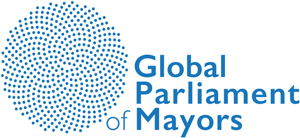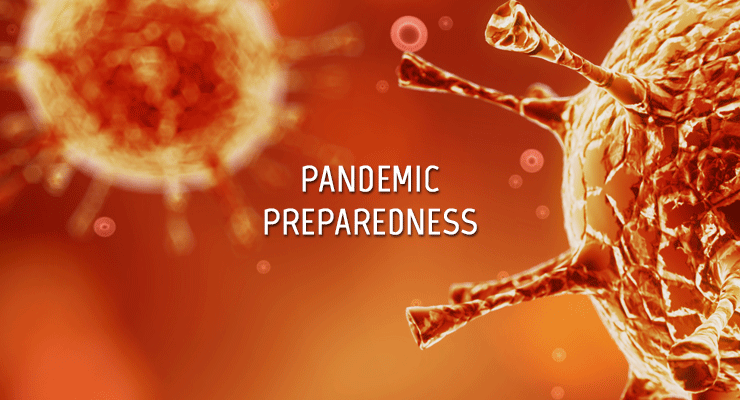Urban Pandemic Preparedness
Working to ensure pandemic preparedness in our cities
The total number of infectious disease outbreaks and diversity of pathogens have increased over the past few decades Urbanization directly contributes to the risk of infectious disease (as well as indirectly through ecological changes), and promotes disease emergence in urban populations by providing conditions ideal for the amplification and transmission of disease. Furthermore, because cities are dominant hubs of global travel and commerce, including for voluntary and forced migrants, the risk of disease transmission between global cities is heightened by the transnational flow of products and people. These trends accelerate the speed at which pathogens can spread around the world.
Although international public health institutions, governments, and civil society groups are making progress in mitigating the health impact of infectious disease outbreaks, the scale of the associated economic and societal disruptions of outbreaks are increasing. In combination, the dynamic realities of urban environments and the mobility human populations contribute to a truth that most future outbreaks will have a substantial urban component. Accordingly, strengthening urban pandemic preparedness represents a compelling opportunity to improve both global health and urban resilience.
Rapid Urban Health Security Assessment (RUHSA) Tool
Local governments and sub-national authorities are often the first to respond to public health emergencies. The Rapid Urban Health Security Assessment (RUHSA) Tool is a resource designed primarily for local government leaders and policymakers to support public policy, decision making and organization as they prioritize, build, and implement capacities to improve local-level health security.
While the RUHSA Tool was not designed to be used in the midst of a public health emergency, it may also be adapted to inform a checklist for prioritizing what capacities and activities a city needs to rapidly develop, or to help focus requests for assistance.
Engaging Mayors in Pandemic Preparedness
International and national leaders have worked to develop high-level plans to prepare for pandemics. However, city mayors and other municipal leaders have traditionally not been engaged in these initiatives. This, despite the vital role they play in the response to and recovery from outbreaks.
Whether acting independently and collaboratively, municipal-level stakeholders have a clear incentive and compelling opportunity to make a meaningful global impact by engaging with pandemic preparedness initiatives. We are working with the Global Parliament of Mayors (GPM) to realize this aspiration and improve pandemic preparedness in cities around the world.
Volume on Urban Pandemic Preparedness
While global governance systems provide a legal and operational framework for addressing infectious disease threats, their full enforcement and implementation largely depend on the participation of local stakeholders. Municipal leaders and stakeholders will be responsible for much of the management of an outbreak – such as quarantine, access to care, distribution of medical countermeasures, and first responders – but little to no attention has been paid to equipping these leaders with the tools they require to successfully mitigate the consequences of disease threats.
It is in this context that Rebecca Katz and Matt Boyce are editing a volume on urban pandemic preparedness. It is our hope that this volume will present a series of innovative models that cities are using to implement policies and address the threats posed by infectious diseases. This effort will be unique in that it represents the first material to address the unique threats infectious diseases pose to urban environments, as well as presents an opportunity to highlight the innovative models that cities are using to combat these threats.
For more information on this project, please contact Matt Boyce or see the request for proposals.
Resources
Exercises & Toolkits
Materials that have been developed to help mayors, urban health departments, and other municipal preparedness workers to conceptualize or simulate a response to a pandemic.
Case Studies
Detailed descriptions of cities taking the initiative to prevent and control infectious disease outbreaks.
Literature
Reports, peer-reviewed literature, and other literature. This domain is a compilation of resources from numerous contributors and contains relevant, up-to-date literature on urban public health and pandemic preparedness materials.
A Research Agenda for Urban Pandemic Preparedness: a Call to Action

